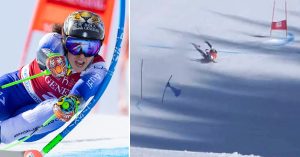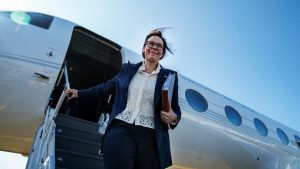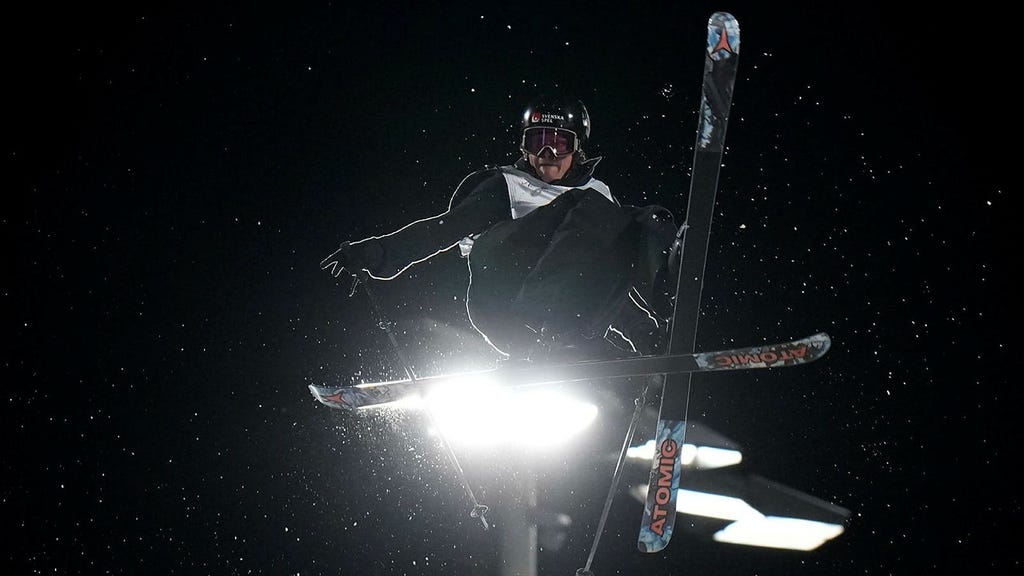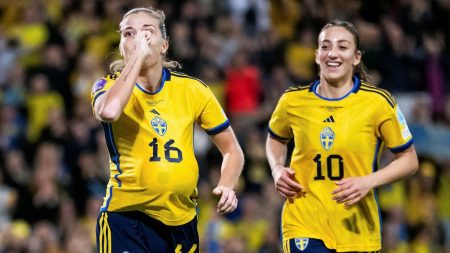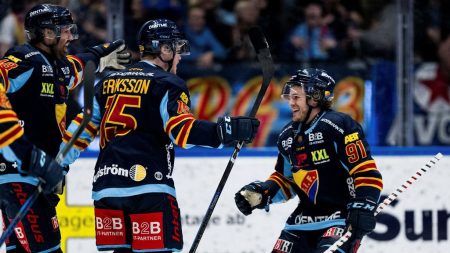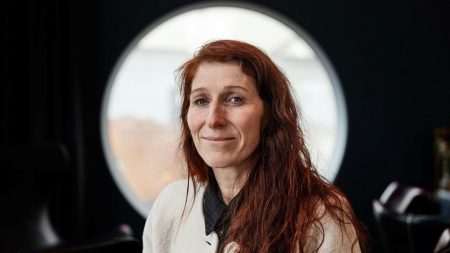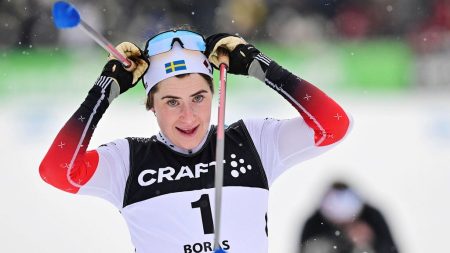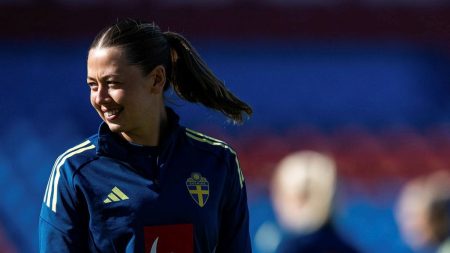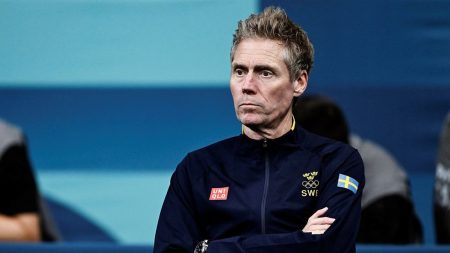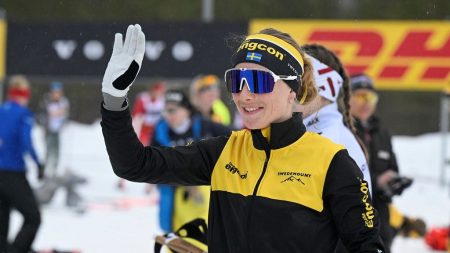Oliwer Magnusson, the 2021 freeskiing big air world champion, is aiming to recapture his podium form as he embarks on the 2025 World Cup season in Klagenfurt, Austria. This weekend’s competition holds significant weight for Magnusson, who is eager to build upon his recent performance in Peking, where he achieved a ninth-place finish, his first final appearance of the season. This marks a crucial step in his journey back to the top tier of competitive freeskiing after a period of inconsistent results following his world championship victory.
Magnusson’s career trajectory has been marked by a dramatic peak followed by a challenging plateau. His unexpected gold medal at the 2021 World Championships propelled him into the spotlight and established him as a force to be reckoned with. He carried the Swedish flag at the 2022 Beijing Winter Olympics, where he narrowly missed a medal, finishing fourth in the big air final. However, since that impressive run, he hasn’t managed to replicate his podium success. This dry spell has fueled his determination to reclaim his position among the elite freeskiers.
Several factors contributed to Magnusson’s dip in performance. He acknowledges that the departure of veteran teammates Henrik Harlaut and Jesper Tjäder after the Olympics left him in an unfamiliar leadership role within the Swedish team, a responsibility that proved more demanding than anticipated. He previously expressed to DN how this shift affected his focus and performance. However, with the return of the Olympic bronze medalists, even with Harlaut currently sidelined by injury, Magnusson finds renewed motivation and a sense of camaraderie. The presence of his long-time peers rekindles the team dynamic that existed when he first entered the competitive scene eight years ago.
Beyond the team dynamics, Magnusson also attributes his previous struggles to strategic errors in trick selection. He admits to prioritizing tricks he personally enjoyed over those that resonated with the judges, a miscalculation that impacted his scores. He and his coaches have recognized this flaw and adjusted their approach, focusing on incorporating tricks that align with the current judging criteria. This season, creativity and technical nuance are being rewarded over sheer rotational complexity, a trend reflected in the rise of ”pretzel” tricks, which involve interrupting the rotation mid-air. While initially hesitant to embrace this new style, Magnusson understands the need to adapt and has been diligently practicing these innovative maneuvers to stay competitive.
The 24-year-old Magnusson recognizes his past missteps, admitting to performing at a lower level and choosing the wrong tricks. He is now determined to rectify these issues and has been working closely with the new national team coach, former Olympian Oscar Wester, to refine his strategy. Wester confirms this collaborative effort, highlighting the analysis they’ve undertaken to identify specific tricks that can elevate Magnusson’s scores. He expresses confidence in Magnusson’s ability to master these new techniques and believes he has the potential to regain his top form.
Magnusson’s immediate goals are focused on securing a spot at the 2026 Winter Olympics in Italy. A strong performance this season, particularly in the upcoming World Championships in Switzerland, will solidify his qualification and alleviate the pressure of last-minute selection. He relishes the prospect of securing his place early, drawing from the positive experience of his previous early qualification. With a renewed sense of purpose, a supportive team environment, and a refined strategy, Oliwer Magnusson is poised to make a strong comeback and re-establish himself as a major contender in the world of freeskiing. The Klagenfurt World Cup provides the perfect platform to launch this resurgence and demonstrate his renewed commitment to reaching the podium once more.



